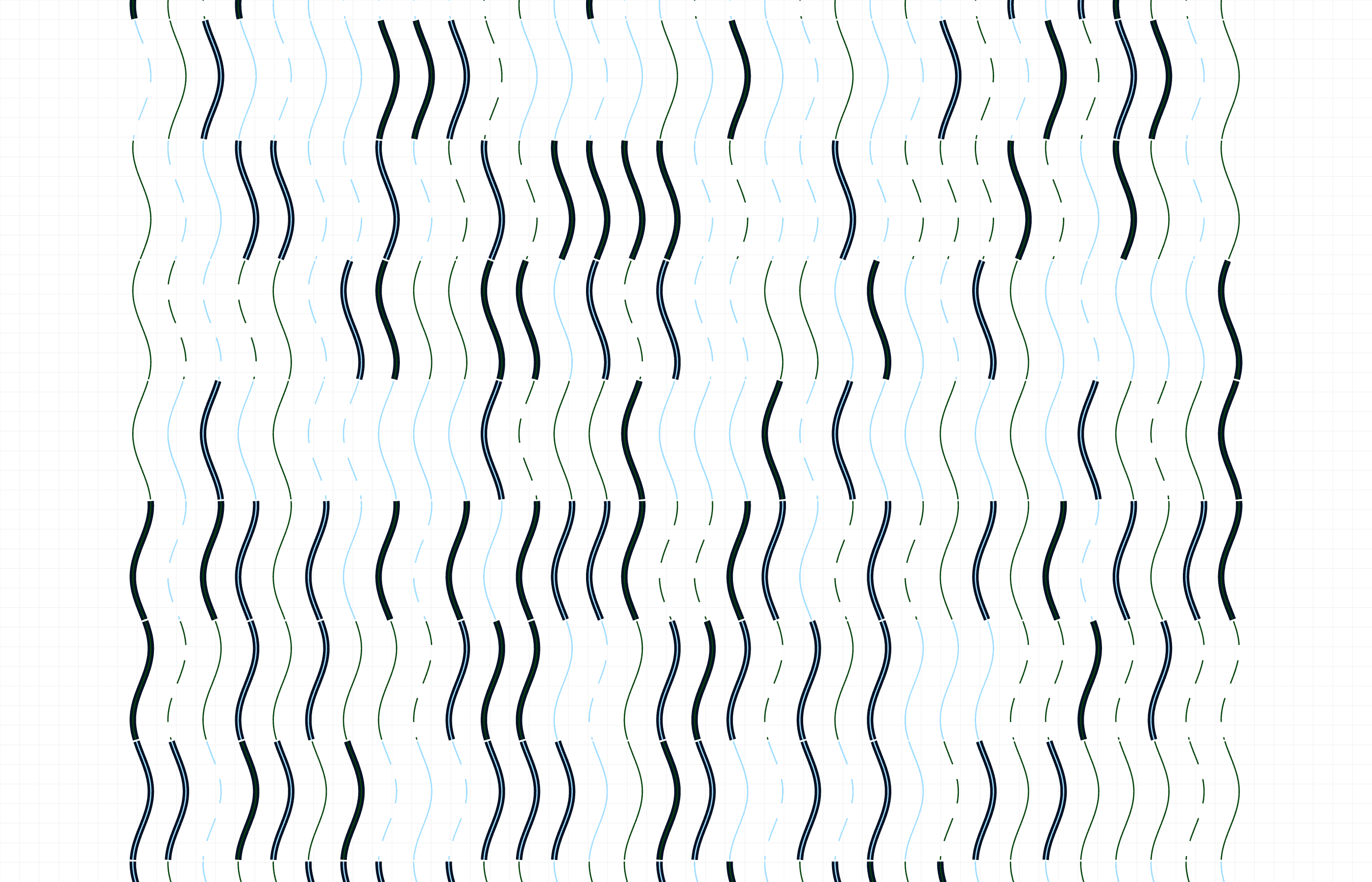
DDA is a capital allocation mechanism where funding power is delegated to trusted stewards within specific domains—enabling scalable, context-aware decisions without centralized bottlenecks.

Retro Funding flips the traditional grant model: funders wait to see which projects create value, then reward them afterward. This minimizes risk, reduces speculation, and strengthens the link between impact and funding.
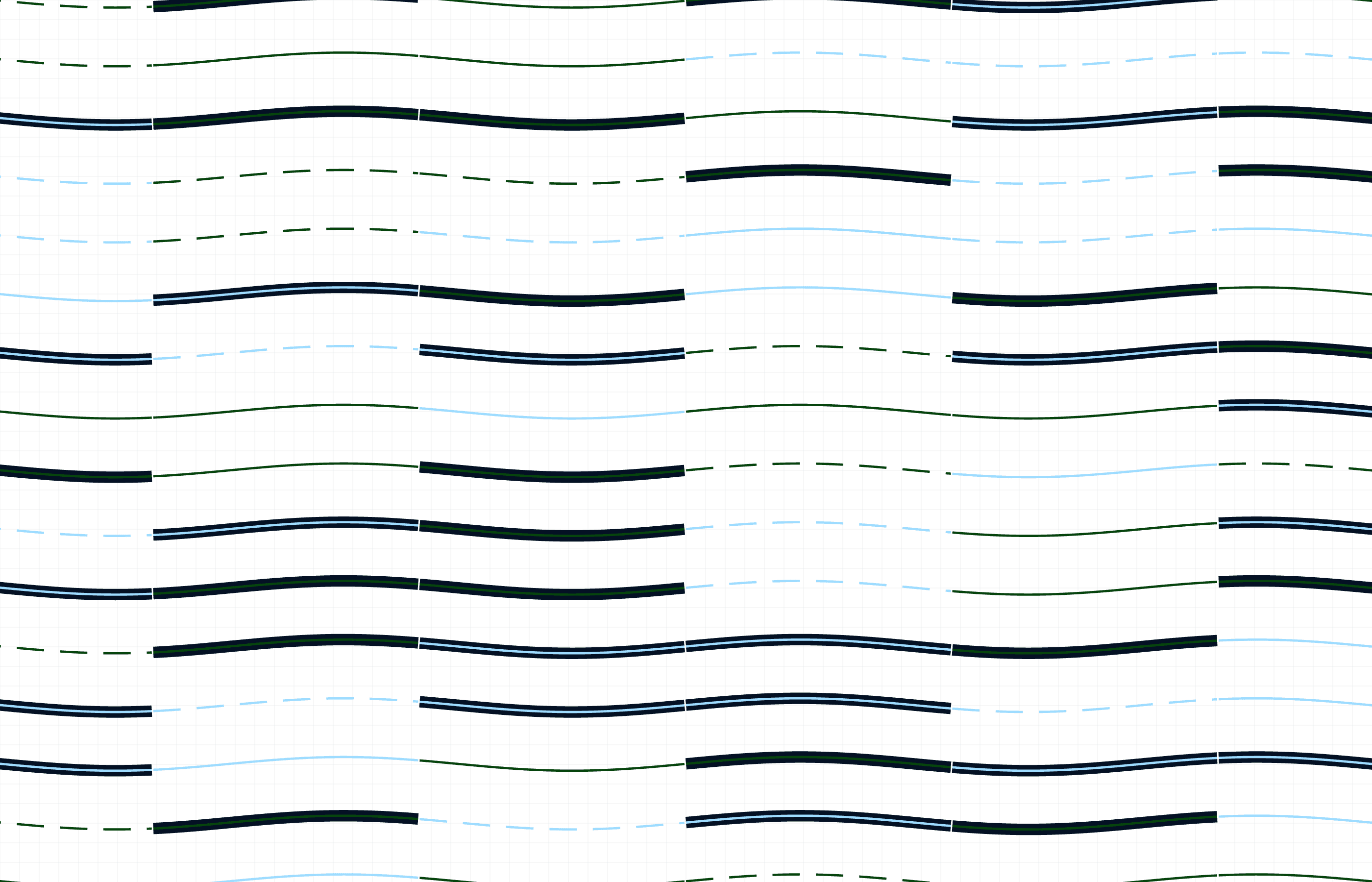
Quadratic Funding is a democratic mechanism that matches small individual contributions with larger matching funds—amplifying the voice of the many over the wealthy few. It’s ideal for funding public goods with broad community support.

Gift Circles are participatory gatherings where members distribute funding or resources to one another through dialogue and mutual recognition. They prioritize care, witnessing, and reciprocity over competition or individual optimization.

Evolutionary Grants Games are interactive funding systems where grants proposals compete, adapt, and evolve over multiple rounds—driven by community feedback, signaling, and sometimes competitive dynamics. The best ideas survive, combine, or improve over time.

Direct-to-Contract Incentives route funding directly to smart contracts, rather than individuals or teams. This mechanism rewards onchain activity, functionality, or outcomes—automating funding based on protocol behavior or usage.

Impact Attestations are verifiable acknowledgements of meaningful work, issued by individuals, communities, or systems to recognize and record a contributor’s impact. They can serve as inputs to funding, reputation, or coordination decisions.

Universal Basic Income is a mechanism that provides unconditional, recurring payments to individuals—regardless of employment or status. In public goods ecosystems, UBI supports participation, dignity, and economic stability as a baseline right.

Cookie Jar is a micro-grants mechanism that lets trusted community members pull small amounts of funding as they do helpful work. Designed for speed, simplicity, and trust, it’s ideal for recurring, low-friction contributions.
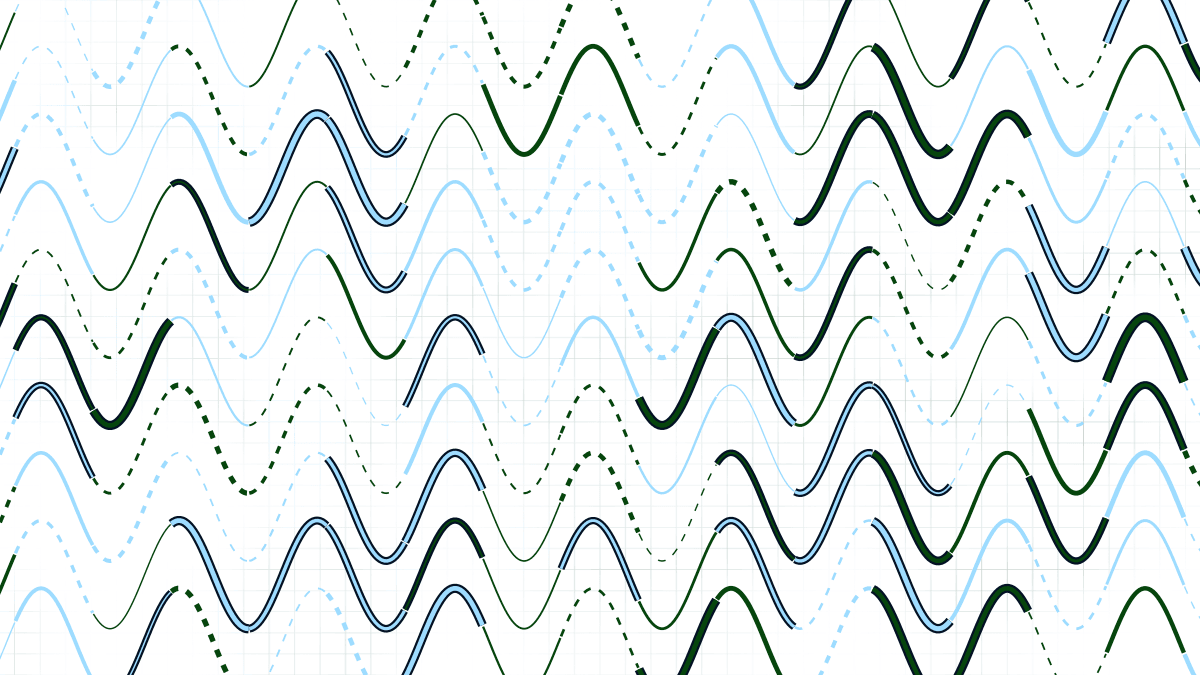
Community Currencies are locally or contextually issued forms of money that circulate within a defined group, neighborhood, or ecosystem—enabling peer-to-peer exchange, mutual credit, or solidarity-based trade outside traditional financial systems.

Futarchy is a governance mechanism where decisions are made based on predicted outcomes. Instead of voting on what to do, participants vote on what metrics matter, and prediction markets decide which proposals are likely to best achieve them.

Ephemeral DAOs are temporary, goal-oriented DAOs created to coordinate around a specific task, round, or decision. Once their work is done, they wind down—reducing overhead and preserving focus.

SourceCred is a mechanism that tracks and scores community contributions using a reputation graph, then allocates rewards proportionally. It enables continuous, merit-based funding based on actual work—not promises.
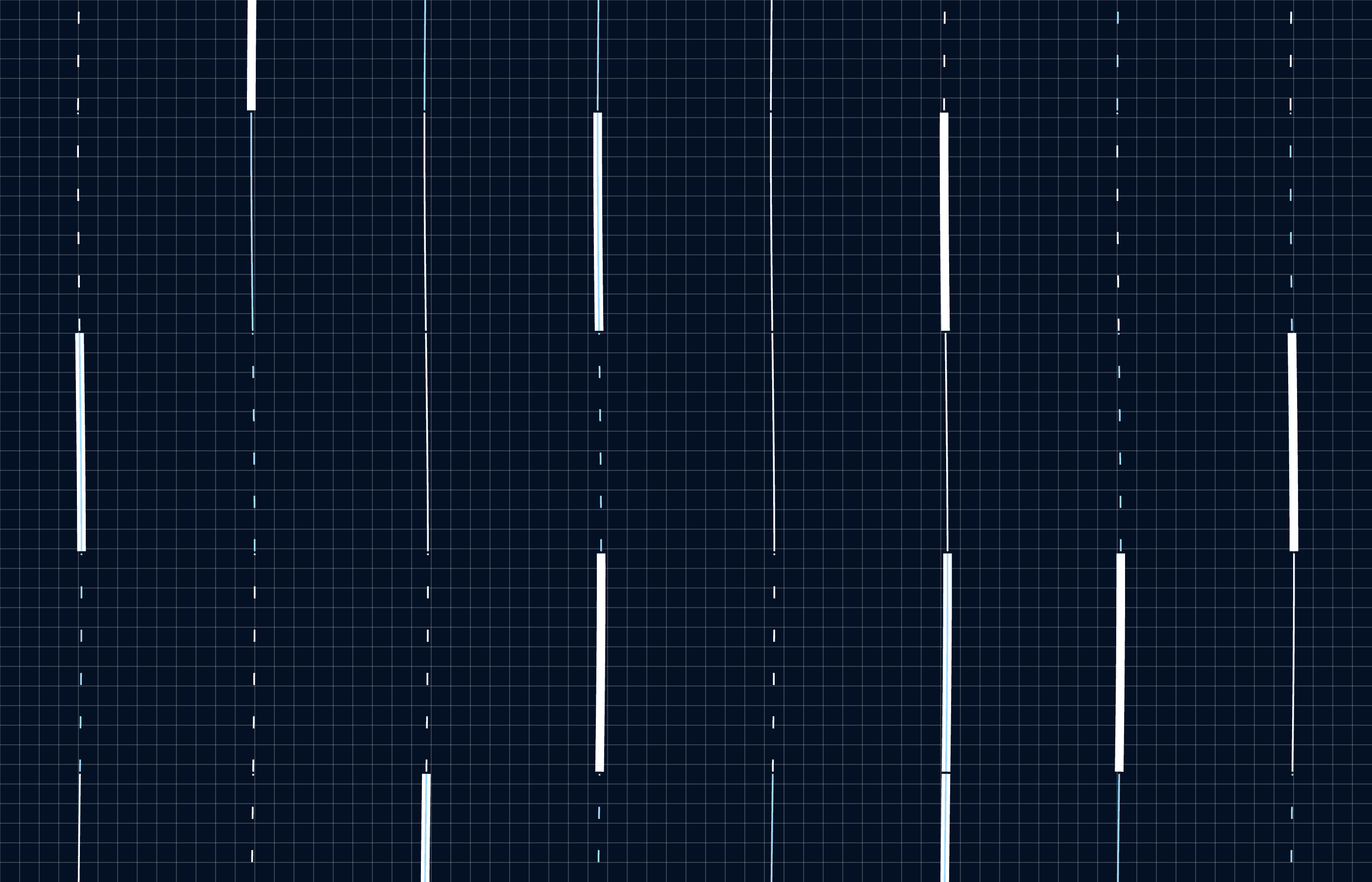
Gnosis Safe is a smart contract wallet that allows multiple people to co-manage funds securely. It’s widely used by DAOs, teams, and ecosystems to distribute trust and prevent unilateral control over shared capital.
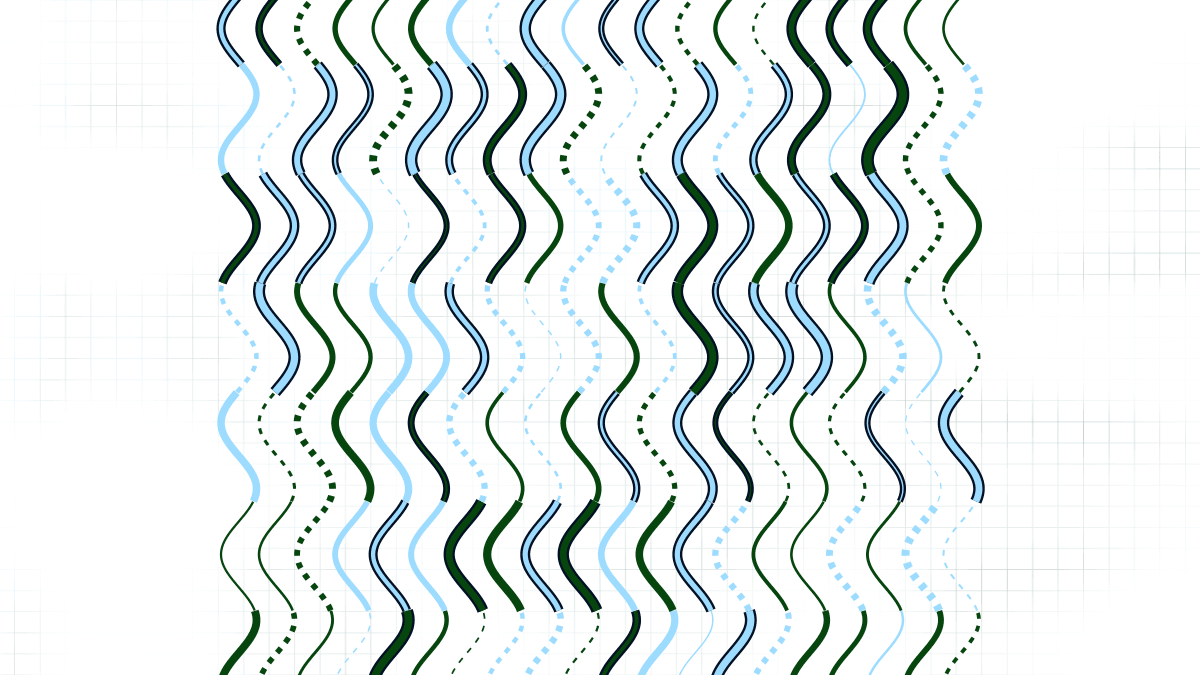
Honour is a mechanism for recognizing and legitimizing contributions through symbolic signals—rather than capital. It creates space for gratitude, trust, and social legitimacy to shape value flows in a public goods ecosystem.

Mutual Aid Networks are decentralized systems where people support one another directly, pooling resources and redistributing them based on need—not profit. They emphasize solidarity over charity, and thrive on trust, care, and community self-governance.

Direct Grants are one-time funding allocations given to individuals or teams without requiring a competitive round or complex mechanism. They’re based on trust, judgment, or strategic alignment.
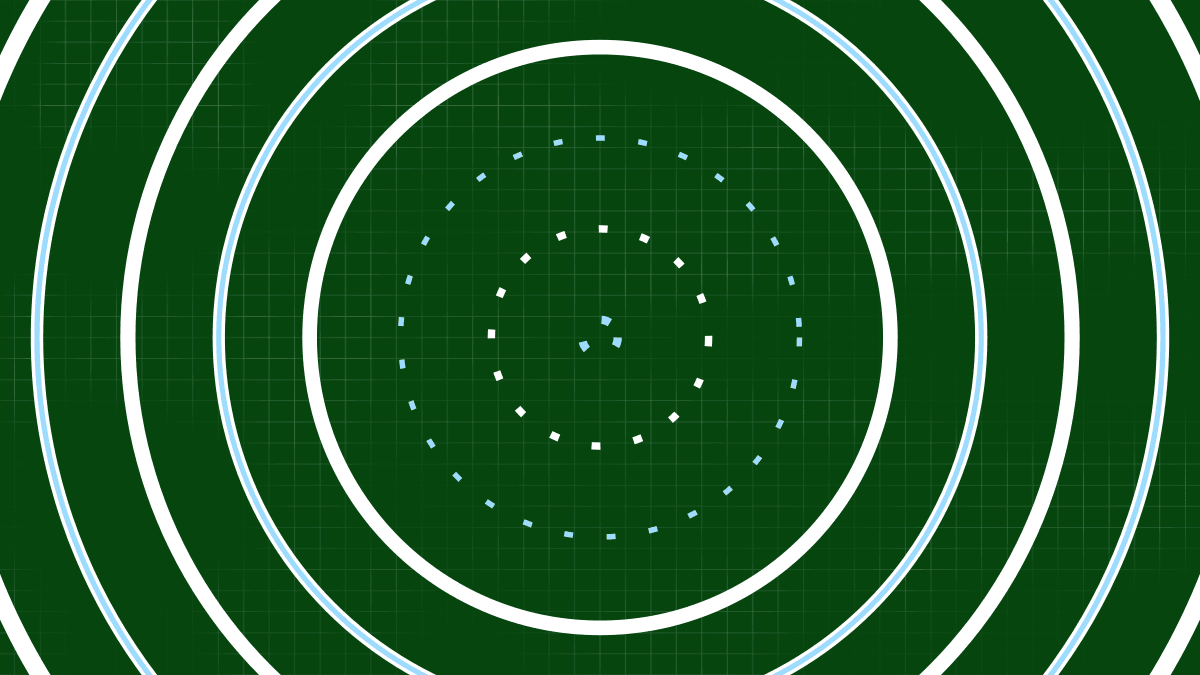
Bonding Curves are smart contract-based mechanisms that determine a token’s price algorithmically based on supply. As more tokens are bought, the price increases—enabling dynamic funding, liquidity, and value signaling for public goods or projects.

Revnets are funding and coordination mechanisms where participants share in a network’s future revenue or value flow, aligning long-term incentives around the growth and sustainability of public goods.
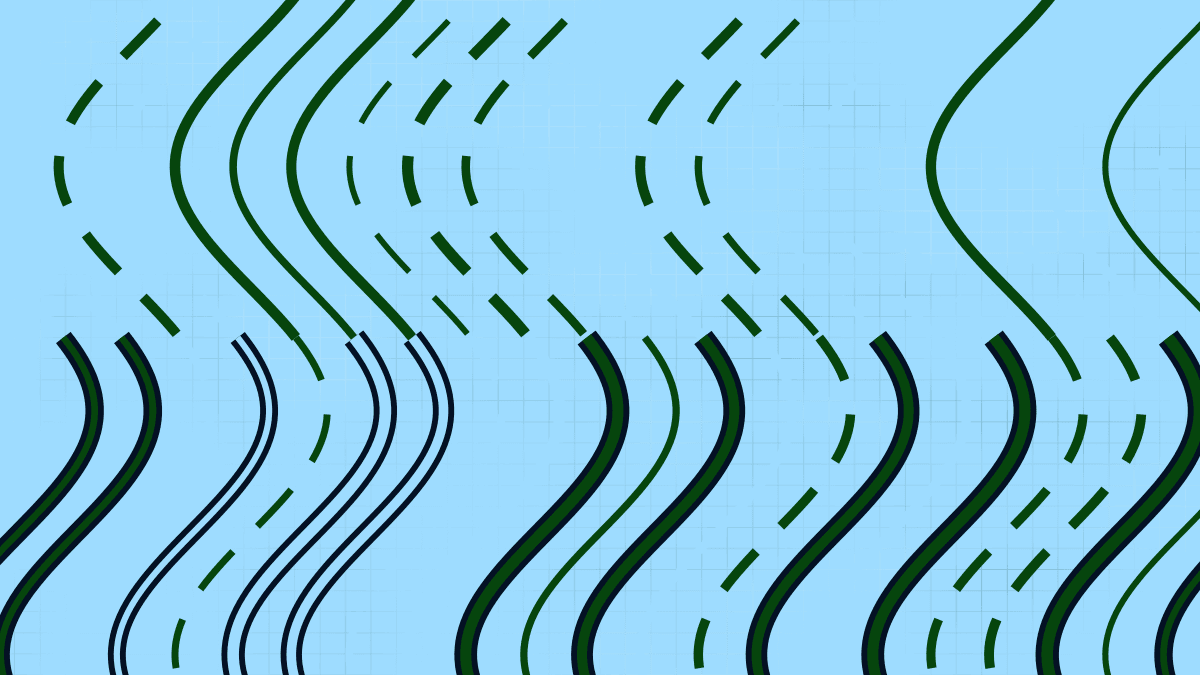
Decentralized Validators are distributed actors or nodes who verify, review, or approve information, contributions, or outcomes within a funding mechanism. They bring legitimacy and decentralization to evaluation and decision-making processes.

Bounties are task-based funding mechanisms where work is defined up front and contributors are paid upon completion. They’re simple, goal-oriented, and widely used for things like bugs, features, designs, or content creation.

Ranked Choice Voting allows voters to rank multiple options in order of preference. If no option has a majority, the lowest-ranked choices are eliminated and votes are redistributed—until a winner emerges with broad support.

Participatory Budgeting is a democratic process in which community members propose, discuss, and vote on how to allocate a shared pool of funds. It centers local voice and collective decision-making in budgeting.

AutoPGF is a mechanism for automatically distributing funds to public goods based on predefined signals, metrics, or community inputs—without requiring active governance or grant rounds.

Q/acc is a hybrid funding mechanism that combines Quadratic Funding (QF) with Augmented Bonding Curves (ABCs). It enables community-driven allocation with the ability for projects to mint, hold, or trade tokens—creating sustained value and liquidity beyond the initial round.

Lotto PGF is a funding mechanism where eligible contributors or projects are randomly selected to receive grants. It introduces chance into public goods funding—rewarding participation, reducing gatekeeping, and distributing risk.

Harberger Taxes are a mechanism where individuals self-assess the value of an asset, pay a recurring tax on that value, and must sell it to anyone willing to pay the declared price. This creates dynamic ownership and ensures shared value capture.

STAR Voting (Score Then Automatic Runoff) allows voters to score every option on a ballot. The two highest-scoring options then enter a runoff, and the one preferred by more voters wins. It balances nuance with finality.

Crowdstaking is a funding mechanism where supporters lock up capital into a shared staking pool. The yield generated from the staked assets is used to fund public goods—while contributors retain ownership of their original stake.

Artizen Artifacts are symbolic onchain tokens awarded to creators and contributors for work that strengthens culture, community, and public goods. Each artifact encodes recognition, story, and value—serving as both record and reward.

Impact Certificates and Hypercerts are onchain records that represent verifiable contributions to public goods. They allow impact to be tokenized, traded, or retro-funded—creating a new market layer for recognition, funding, and accountability.

Conviction Voting allows community members to continuously signal support for proposals over time. As support accumulates (“conviction”), proposals with sustained backing become eligible for funding—balancing momentum with patience.

Streaming Quadratic Voting allows participants to express their preferences continuously over time—applying quadratic cost logic to dynamic, evolving signals. It turns static votes into living inputs that can shift as opinions or priorities change.

Dominant Assurance Contracts are funding mechanisms where contributors pledge support for a public good—but if the funding goal isn’t met, they get their money back plus a bonus. This creates a dominant strategy to participate and reduces first-mover hesitation.

Commitment Pooling is a mechanism where individuals or groups signal how much they’re willing to contribute toward a shared funding goal—before the money moves. Once enough commitments align, the pool is activated, and funds flow.

Guilds are semi-autonomous groups within a larger ecosystem that coordinate around a shared function—like development, design, community, or governance. Each guild can receive and allocate funds independently, often stewarded by its own members.

Grant Ships are modular, pre-configured grant rounds that can be launched quickly and independently across teams, ecosystems, or regions. Each ship is a repeatable unit of capital allocation—designed to be autonomous, composable, and scalable.

A top-down funding mechanism where a community or organization defines a clear need, and invites others to propose solutions. RFPs allow capital to be allocated to specific goals with clear accountability.

Self-Curated Registries allow individuals or projects to opt into a funding process by adding themselves to an open, public list. The community can then signal support, filter, or vote on entries—without needing a central authority to decide who gets included.

Delegated Domain Allocation distributes funding authority across trusted stewards, each responsible for allocating capital within a specific domain. This allows large ecosystems to scale decision-making while preserving context and accountability.